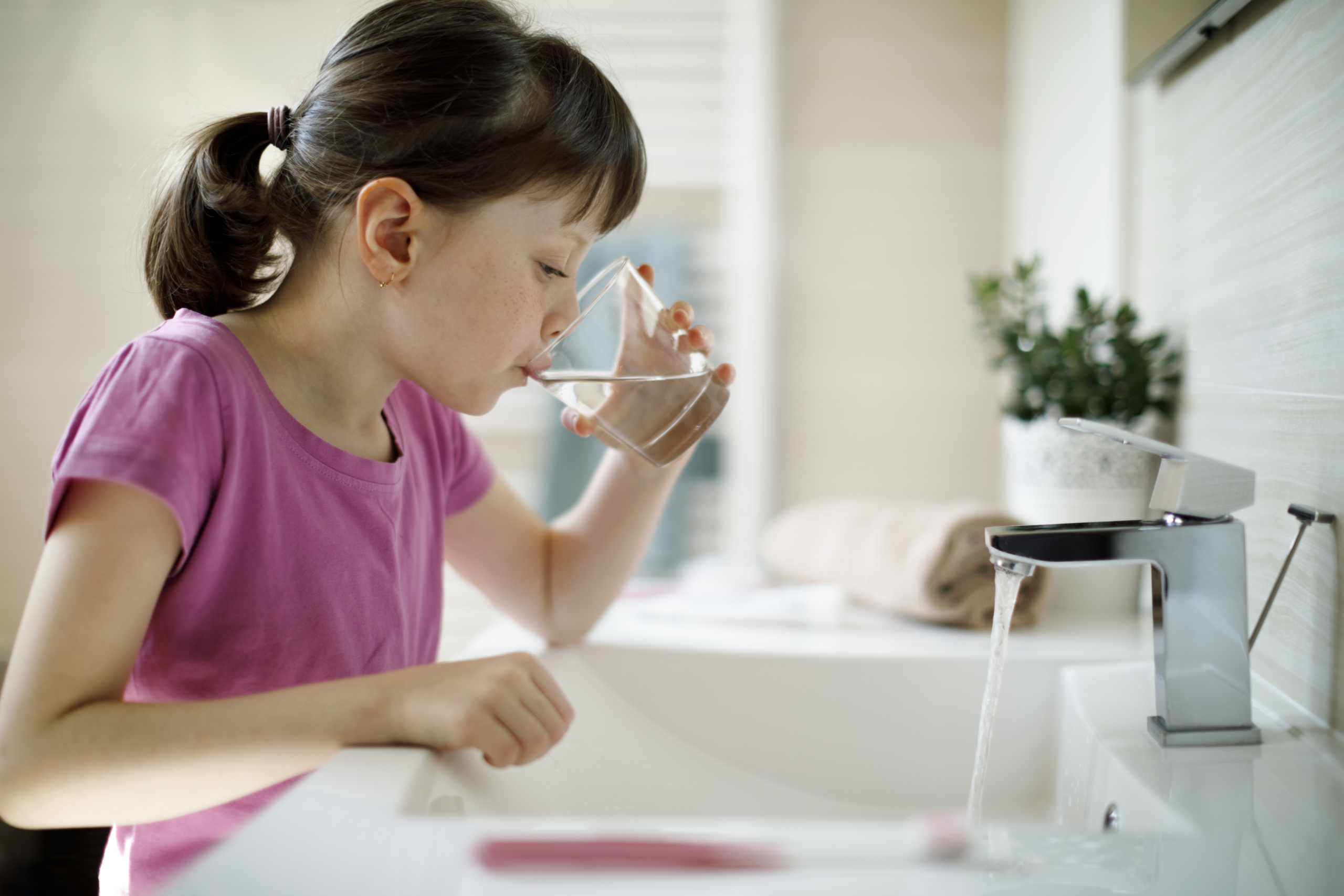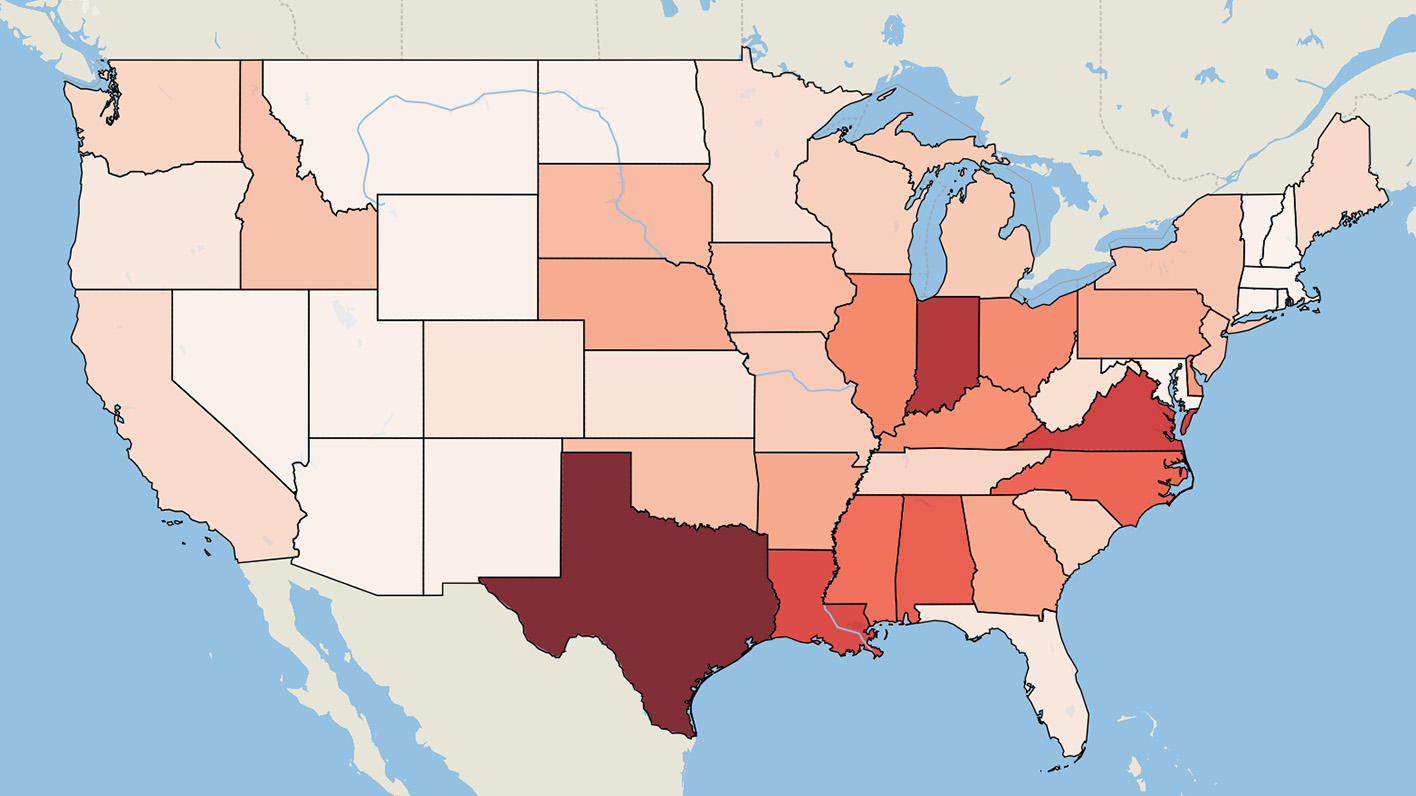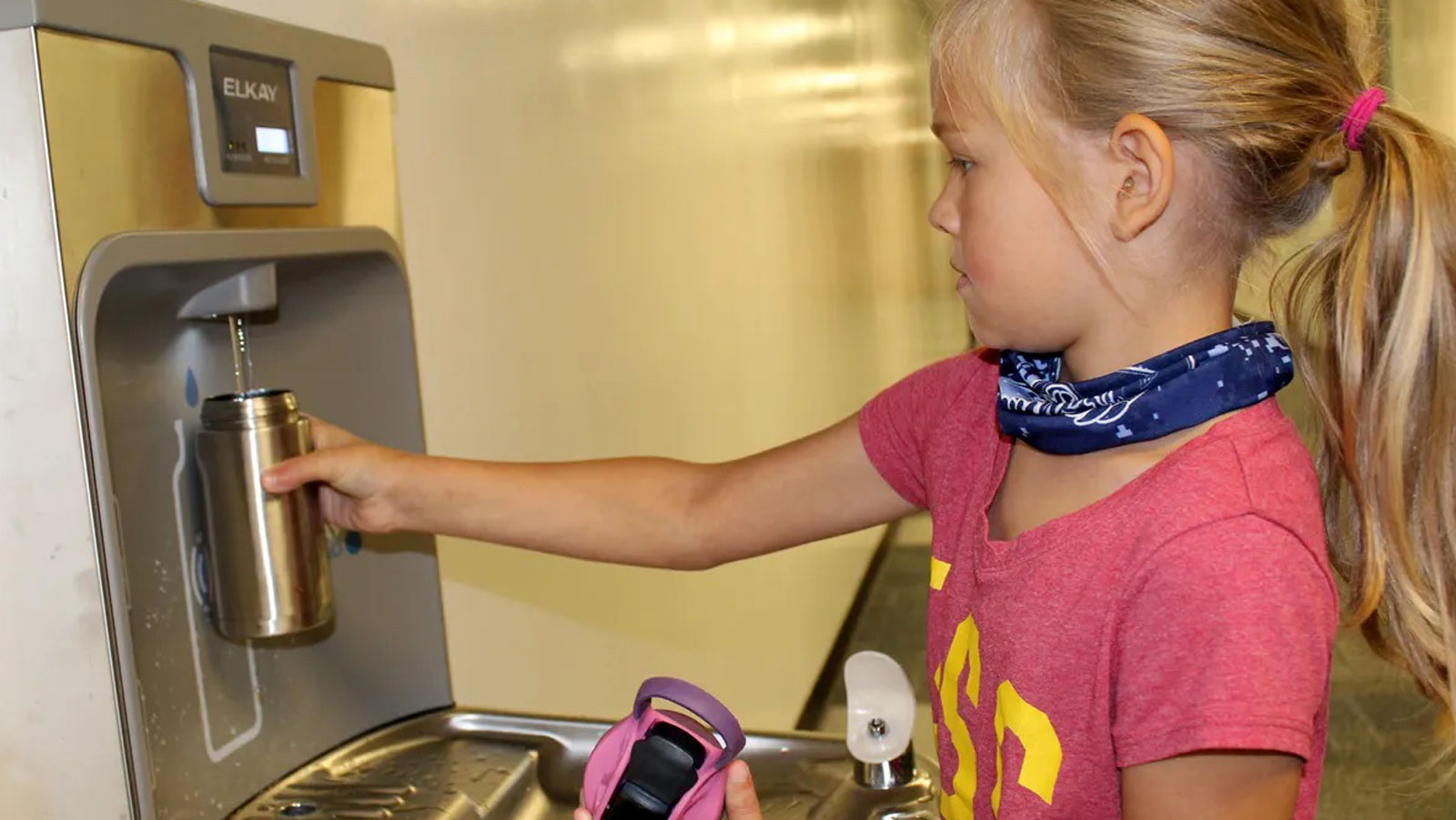
Maryland PIRG 2022 Legislative Agenda
Downloads
Maryland PIRG
2022 Priorities
The George “Walter” Taylor Act – Stop Toxic PFAS, Sen. Elfreth and Del. Love (SB273/HB275): We are exposed to PFAS chemicals, which are linked to cancer and other illnesses, in water, food, and consumer products. This bill stops their use in firefighting foam, food packaging and rugs and carpets. It also prevents the mass incineration or landfilling of PFAS chemicals.
Campaign Finance Right to Know, Sen. Smith (SB895): An amendment to the Maryland Constitution to protect the right to know in an open, timely, and transparent manner about how, when, and by whom money is spent and from whom money is raised to influence the vote of the individual for candidates for office and ballot questions; and establishing that a publicly financed election is a right of the people.
Climate Solutions, Sen. Pinsky (SB528) Del. Barve (HB708) and Del. Stein (HB831, HB806): This family of bills updates Maryland emissions reductions goals to reduce gross emissions to 60% by 2030 (compared to 2006) and net-zero by 2045, lays out plans for building electrification and building emissions standards, school bus electrification and net-zero k-12 schools, and helps move utility companies away from fossil fuels.
Smart Infrastructure Investments: The national bipartisan Infrastructure Investment and Jobs Act directs historic investments to Maryland, and provides an opportunity to protect Marylanders’ health and our environment. We’re calling on Gov. Hogan and the General Assembly to swiftly make investments to reduce lead in drinking water, electrify our transportation, expand access to broadband, and improve our transportation system.
Democracy for the People
The influence of wealthy donors in elections has eroded public trust in government and depressed civic participation. We should ensure all voters are able to participate in elections.
Maryland Fair Elections Act: Sen. Pinsky (SB358)
Creates a program to enable candidates for General Assembly to run for office without large or corporate contributions by providing limited matching funds for small donations.
Special Elections for Legislative Vacancies: Sen. Lam (SB73)
An amendment to the Maryland Constitution that would require special elections for filling state legislative vacancies occurring within the first two years of the vacating legislators’ term.
Improving our Elections’ Systems: Sen. Kagan (SB163)
We support policies to increase voters’ ability to participate in voting and to streamline voting processes, including: improving ballot tracking and ballot processing.
Expanding Local Fair Elections: Del. Feldmark (HB488)
Enables Counties and Baltimore City to establish local small donor public financing for additional offices after they locality has completed one cycle of the program for Executive and Legislative offices.
Don’t Trash Maryland
We support policies dedicated to the principles of reduce, reuse, recycle and put us on a path to zero waste.
Producer Responsibility: Sen. Augustine and Del. Love (SB292/HB307)
Requires producers to bear financial responsibility for recycling the products they create, reducing waste, and saving taxpayer money.
Paint Stewardship: Sen. West and Del. Boyce (SB143/HB18)
Establishes a producer lead program for disposing of household paint to protect our waterways and environment, public health, and sewer infrastructure.
Recycling Task Force: Del. Love (HB217)
Established a task force to study the recycling and waste systems in Maryland, and make recommendations on updating the Maryland Recycling Act.
Truth in Recycling Act: Del. Love (HB700)
Ensures products labeled as recyclable actually have the potential to be recycled in Maryland.
School Composting Grant Program: Sen. Hettleman and Del. Charkoudian (SB124/HB150)
Establishes a grant program to award grants to county boards of education and public schools to develop and implement programs for reducing food waste and to establish composting of school waste.
Consumer Protection
We work to get dangerous products off store shelves, end exploitative practices and ensure a level playing field in the marketplace.
Maryland Consumer Reporting Act: Del. Julie Palakovich Carr (HB251)
This bill provides critical protections for consumers from mistakes on their credit reports by ensuring Credit Reporting Agencies ensure maximum accuracy and respond more quickly to complaints of credit report errors.
Biometric Identifiers Privacy Act: Sen. Feldman and Del. Love (SB355/HB259)
Corporations are increasingly using technology to capture people’s unique biometric identifiers without their consent. This establishes protections for how companies handle Maryland consumers’ biometric information.
Farm Equipment Right to Repair: Del. Hornberger (HB562)
Expands access to tools and information to allow for the diagnosis, maintenance, or repair of farm equipment.
Clean, Efficient Energy Use
Maryland’s reliance on polluting fuels puts our health and safety at risk. We support policies to increase clean, efficient energy use.
Energy and Water Efficiency Standards: Sen. Pinsky and Del. Ruth (SB494/HB772)
This bill establishes minimum efficiency standards for our appliances and will save energy, reduce pollution and lower utility bills.
Comprehensive Climate Action: Sen. Pinsky (SB528) Del. Barve (HB708)
Both bills update emissions reduction goals to reduce gross emissions to 60% by 2030 (compared to 2006) and net-zero by 2045. The Senate bill also lays out plans for building electrification and building emissions standards, school bus electrification and net-zero k-12 schools.
State Building Emissions Standards: Del. Stein (HB806)
Establishing emissions reductions goals for state buildings and gives preference in the procurement of building materials to those with lower carbon footprints. Reequires all new state buildings to have net-zero emissions by 2035, with interim goals.
Commercial and Residential Emissions Standards and Electric Ready Construction: Del. Stein (HB831)
Sets goals for emissions reductions for commercial and residential and requires new commercial and residential buildings be energy efficient and ready for solar, electric vehicle charging, and building-grid interaction.
Low Income Energy Efficiency Bill: Sen. Feldman and Del. Charkoudian (SB524/HB108)
Sets a standard of 1% annual energy savings for low-income households, enables state-funded home energy performance audits in qualified low-income homes and funds energy efficiency improvements such as new insulation, better windows, EnergyStar® appliances, LED light bulbs and more.
Grid Reliability and Inclusive Distribution: Sen. Feldman and Del. Charkoudian (SB525/HB88)
Align the distribution planning process with the state’s goals for carbon and greenhouse gas reduction and renewable energy development. Creates a working group to contribute to the planning process to ensure transparency, public engagement, and representation.
Low and Moderate Income Solar Tax Credit: Sen. Elfreth and Del. Smith (SB264/HB76)
Reduces the tax burden on rooftop and parking canopy community solar projects that allocate at least 50% of the generated energy to Low and Moderate Income (LMI) households.
Reclaim Renewable Energy Act: Del. Stewart (HB11)
This bill stops state renewable energy subsidies for incineration, woody biomass, and burning of gas from landfills and farms.
MaryPIRG Student Climate Action Coalition Priority
FUTURE Act: Sen. Rosapepe and Del. Solomon (SB471/HB729)
Requires the University System of Maryland, the largest energy user and source of emissions in state Government, to achieve 100% carbon zero by 2055.
Transform Transportation
Each year, pollution from cars, trucks and other vehicles cuts short an estimated 58,000 lives, and increases the risk of lung cancer, stroke and heart disease. Transportation is also America’s number one source of carbon pollution.
Electric School Busses: Del. Fraser-Hidalgo (HB696)
Transitioning the Maryland Transit Administration’s (MTA) bus fleet to Zero-Emission, electric buses is a common sense way to protect public health from diesel pollution, reduce traffic, and fight global warming.
Advanced Clean Truck Rule: Sen. Young and Del. Love (SB687/HB829)
Trucks are some of the most polluting vehicles in the transportation sector. This regulation requires manufacturers to produce zero-emission trucks beginning in 2024 and increase sales targets through 2035.
Topics
Find Out More


Who are the top toxic water polluters in your state?

Green schools guide

